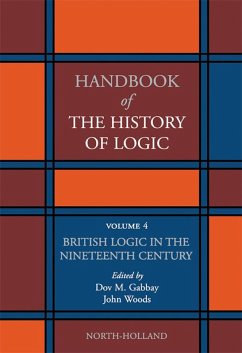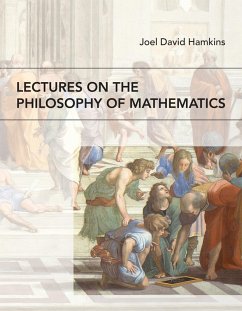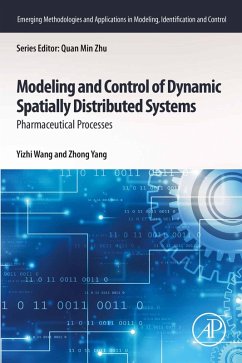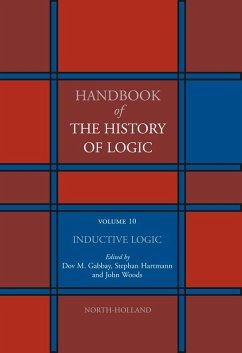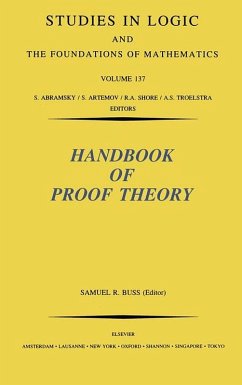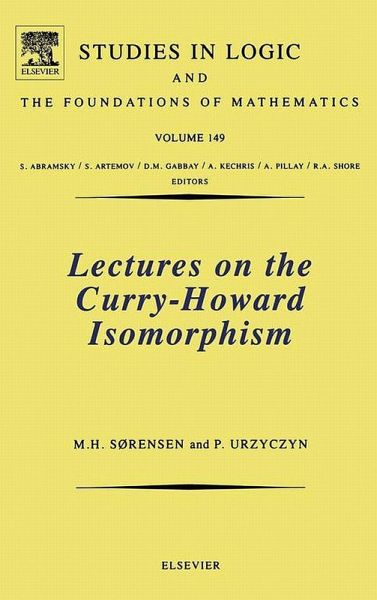
Lectures on the Curry-Howard Isomorphism (eBook, ePUB)
Versandkostenfrei!
Sofort per Download lieferbar
95,95 €
inkl. MwSt.
Weitere Ausgaben:

PAYBACK Punkte
48 °P sammeln!
The Curry-Howard isomorphism states an amazing correspondence between systems of formal logic as encountered in proof theory and computational calculi as found in type theory. For instance,minimal propositional logic corresponds to simply typed lambda-calculus, first-order logic corresponds to dependent types, second-order logic corresponds to polymorphic types, sequent calculus is related to explicit substitution, etc.The isomorphism has many aspects, even at the syntactic level:formulas correspond to types, proofs correspond to terms, provability corresponds to inhabitation, proof normalizat...
The Curry-Howard isomorphism states an amazing correspondence between systems of formal logic as encountered in proof theory and computational calculi as found in type theory. For instance,minimal propositional logic corresponds to simply typed lambda-calculus, first-order logic corresponds to dependent types, second-order logic corresponds to polymorphic types, sequent calculus is related to explicit substitution, etc.The isomorphism has many aspects, even at the syntactic level:formulas correspond to types, proofs correspond to terms, provability corresponds to inhabitation, proof normalization corresponds to term reduction, etc.But there is more to the isomorphism than this. For instance, it is an old idea---due to Brouwer, Kolmogorov, and Heyting---that a constructive proof of an implication is a procedure that transformsproofs of the antecedent into proofs of the succedent; the Curry-Howard isomorphism gives syntactic representations of such procedures. The Curry-Howard isomorphism also provides theoretical foundations for many modern proof-assistant systems (e.g. Coq).This book give an introduction to parts of proof theory and related aspects of type theory relevant for the Curry-Howard isomorphism. It can serve as an introduction to any or both of typed lambda-calculus and intuitionistic logic.Key features- The Curry-Howard Isomorphism treated as common theme- Reader-friendly introduction to two complementary subjects: Lambda-calculus and constructive logics- Thorough study of the connection between calculi and logics- Elaborate study of classical logics and control operators- Account of dialogue games for classical and intuitionistic logic- Theoretical foundations of computer-assisted reasoning· The Curry-Howard Isomorphism treated as the common theme.· Reader-friendly introduction to two complementary subjects: lambda-calculus and constructive logics · Thorough study of the connection between calculi and logics.· Elaborate study of classical logics and control operators.· Account of dialogue games for classical and intuitionistic logic.· Theoretical foundations of computer-assisted reasoning
Dieser Download kann aus rechtlichen Gründen nur mit Rechnungsadresse in A, B, BG, CY, CZ, D, DK, EW, E, FIN, F, GR, HR, H, IRL, I, LT, L, LR, M, NL, PL, P, R, S, SLO, SK ausgeliefert werden.





